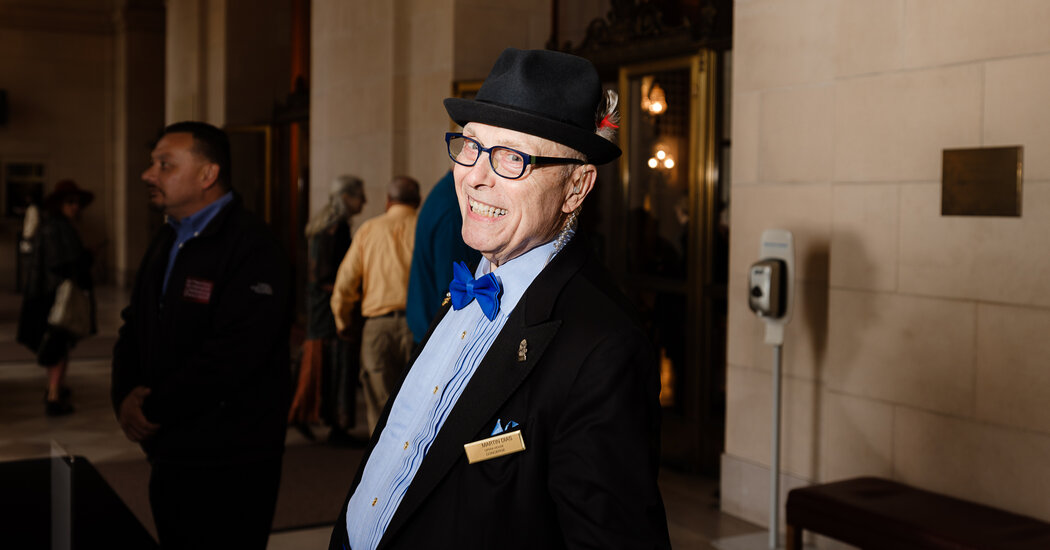San Francisco’s Arts Institutions Are Slowly Building Back

On a recent clear day, visitors were wandering through the San Francisco Museum of Modern Art to gawk at works by Yayoi Kusama and Alexander Calder, and, a few blocks away, making their way through the galleries at the Contemporary Jewish Museum and the Museum of the African Diaspora.
That evening, music lovers poured in to Davies Symphony Hall to hear Esa-Pekka Salonen conduct the San Francisco Symphony and into the War Memorial Opera House across the street, where the San Francisco Opera was giving the American premiere of Kaija Saariaho’s “Innocence.”
Although attendance at the city’s arts institutions remains down from prepandemic levels — with tourism, hotel occupancy and office attendance yet to fully recover — its cultural ecosystem has been showing signs of inching its way back.
Arts organizations around the nation have been struggling to regain audiences since the pandemic, with Broadway attendance about 17 percent lower than before and precipitous declines at many regional theaters, museums, orchestras and opera companies.
San Francisco has its own particular challenges: People are returning to work, but the city’s office buildings remain emptier than those in Los Angeles or New York. Fewer people are taking Bay Area Rapid Transit downtown; the number of riders exiting at downtown stations is still down by more than half since 2019.
The city and its cultural organizations have been struggling to overcome what Thomas P. Campbell, director of the Fine Arts Museums of San Francisco, referred to as the “doom narrative,” the widespread media coverage of the city’s challenges, both real and exaggerated.